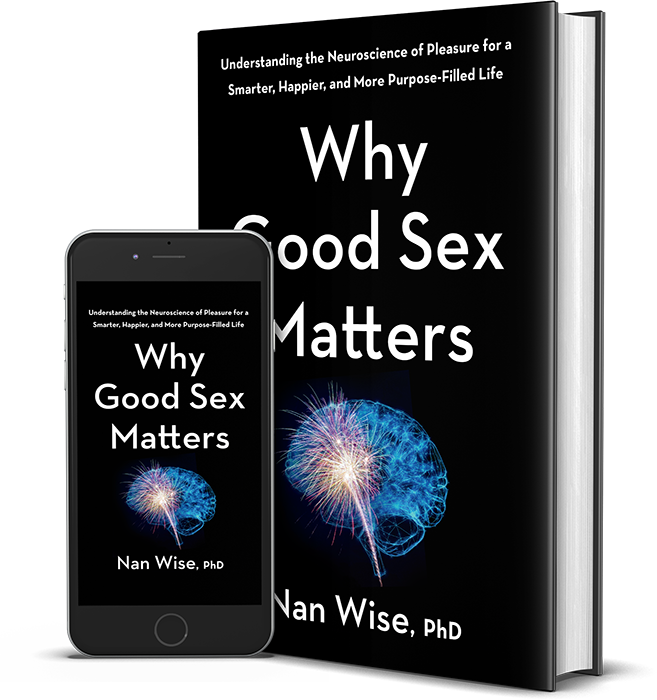Here are three simple tools to reset your core emotions and thrive.
________________________________________________________________________________________________
KEY POINTS
- Yes, election anxiety is a real thing. It wasn’t good in 2020, and it is back big time.
- People can learn how to tolerate the big, hard feelings once they better understand how the brain works.
- The core emotional systems are seven wired-in instincts essential for survival and social connection.
- Three simple tools to reset your core emotions involve attention, breath, and touch.
________________________________________________________________________________________________
If you, too, have been increasingly anxious as the election approaches and experiencing nightmares about scary stuff (for example, apocalyptic visions of America morphing into The Handmaid’s Tale meets 1984), you are not alone.
Yes, election anxiety is a real thing. It wasn’t good in 2020, and it’s back big time.
In this blog, we will unpack lessons that can be learned from our current wave of election anxiety and use them to take three simple steps to unhook ourselves from the stress factory that is ramping up our stress-suffering.
We, the people, are stressed out
Yes, Americans are stressed, perhaps more than ever. Even without factoring in our anxiety about politics, we are suffering. This is compounded by our tech-heavy lifestyle wherein we spend way too much time on our devices, allowing our attentional systems to be hijacked by algorithms that keep us clicking, doom scrolling, and getting lost in the chaotic overstimulation that ensues. Increasing evidence shows that screen time and social media usage can become toxic. It’s no wonder that we are suffering from major well-being challenges.
We have come to see the world through the eyes of these virtual platforms, a version of our culture that is deeply polarized and divided, inflaming our core emotions (the seven emotional instinct systems that are wired into the oldest parts of our brains that we share with all mammals). These core emotional systems—seeking, fear, rage, panic or grief, lust, care, and play—serve as the “primary colors” of our basic emotions, which, in concert with the higher brain regions, drive our emotional lives.
Some good news: We can learn how to tolerate the big, hard feelings once we better understand how the brain works. Here is a brief overview of the core emotions and three simple tools to help us reset them to combat stress.
The core emotional systems
These are seven fundamental processes embedded in human DNA, essential for survival and social connection:
- Seeking (Motivation): This drives us to find necessities like food, safety, and companionship. Designed to provide pleasure as a feedback signal to reinforce exploration in seeking what we need. Overstimulation, especially through virtual engagement, can lead to depletion and mental health issues.
- Defensive Emotions: These include the following.
- Fear: Protects us from danger by triggering an innate fear response.
- Rage: Helps us detect and defend against threats but can lead to anger issues when overactive.
- Panic, grief, or sadness: Ensures social bonds by triggering anxiety or sadness when we lose someone significant.
- Social Emotions: These include the following.
- Care: Promotes love and bonding, essential for secure relationships.
- Play: Encourages learning and social interaction through joy, which is crucial for childhood development.
- Lust: Drives sexual desire and connection, which can be disrupted by technology, affecting sexual and overall well-being.
Lessons from election anxiety: How to harness your attention to promote well-being.
If your brain is on fire from stress, step away from your devices, harness your attention (seeking system), drop into your breath (to harness your autonomic nervous system), and touch yourself (self-soothe to increase a feeling of safety), downregulate fear, rage and panic, grief, or sadness defensive patterns, and cultivate self-care compassion, play, and curiosity.
Easier said than done? Here’s how to get started.
- Track your screen time and cut it way back.
If you can learn to reset your seeking system, your attention will become easier to harness, and your body, mind, and sex life will thank you.
First step: Get a rough idea of how much time you spend at the computer and on your phone. And, of course, there are apps for that.
But rather than feed the virtual monster with yet another reason to look atyour phone, get curious (active your seeking and play systems). Take out a notebook and start observing and tracking your online behavior. How much time are you spending on emails? Browsing the web? Social media scrolling?
Just starting to track the time will likely change your behavior and become an intervention in and of itself. The first step in modifying an unhealthy habit is observing it with curiosity, care, and playfulness.
And while you are on the device, you might want to notice how you are breathing. Writer Linda Stone first described a phenomenon called email or screen apnea in which breathing becomes shallow and intermittently stops during screen use. There is abundant evidence that shallow breathing and breath-holding are plain old deleterious to our health.
- Breathe with attention to lengthening your exhalation.
Many breath tools can be helpful, but the simplest one (and, in my personal experience as a long-term anxiety experiencer, the easiest to learn and most powerful to practice) is to do this:
Any time you notice that you are tense in your mind or body, take a long, smooth inhalation followed by a longer, smooth exhalation. Activate the “Vagal brake,” which slows down your heart and engages the restorative functions of your nervous system. If you want to get a bit fancier, you can add some bells and whistles with the energy lock techniques I write about in my book.
- Cultivate a powerful “micro-practice” of soothing self-touch.
Do you have 20 seconds and want a simple practice with enormous benefits? Research has demonstrated the surprising power of self-touch, evidenced by a reduction of the stress hormone cortisol. Here’s what I teach my clients: Use breath tools and positive suggestions to reduce activations of the defensive emotions of fear, rage, panic, grief, or sadness.
Put one hand on your heart, the other on your belly. As you practice the extended exhalation breath, for each breath, start with the suggestion to feel safe (indeed, you are safe in that moment if all you’re doing is sitting there, breathing). Then, you can move on to suggest with the next breaths that you are calm, self-loving, and secure.
Bottom line? Give yourself full permission to be exactly as you are—and for the moment to be as it is.
References
Wise, N. (2020). Why good sex matters: Understanding the neuroscience of pleasure for a smarter, happier, and more purpose-filled life. Houghton Mifflin.
Packheiser, J., Hartmann, H., Fredriksen, K., Gazzola, V., Keysers, C., & Michon, F. (2024). A systematic review and multivariate meta-analysis of the physical and mental health benefits of touch interventions. Nature Human Behaviour, 1-20.




